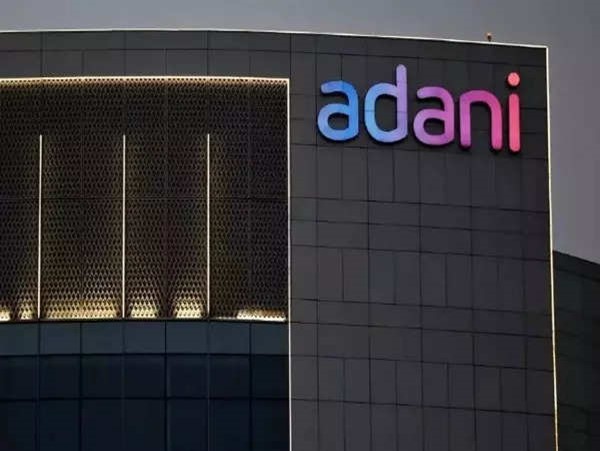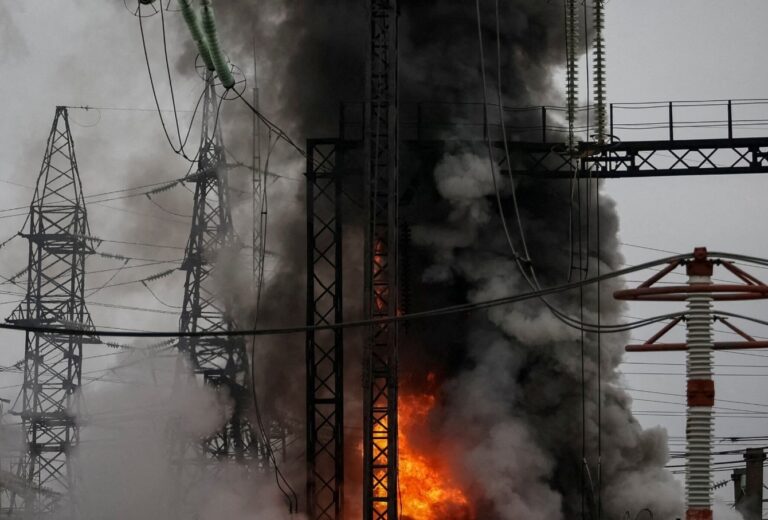Bribery allegations against the Adani Group by a U.S. court have stirred discussions about their potential impact on India’s clean energy goals. However, industry leaders and analysts believe these charges are unlikely to derail the nation’s ambitious renewable energy targets.
As per the Leaders sources, India has pledged to generate half of its energy needs—500 gigawatts (GW)—from renewable sources by 2032, a significant step toward combating climate change. As a major player in this sector, the Adani Group is expected to contribute around 10% of that capacity.
Temporary Setbacks but No Major Disruption
While the U.S. charges may delay Adani’s expansion plans temporarily, experts suggest they will not impede India’s broader clean energy objectives. Over the last decade, India has made remarkable progress in renewable energy, emerging as the fastest-growing major economy in terms of renewable capacity addition, according to the International Energy Agency (IEA).
Currently, approximately 45% of India’s power-generation capacity, totaling nearly 200 GW, comes from non-fossil fuel sources. A former CEO of a rival firm, speaking anonymously, described the allegations against Adani as “a passing dark cloud,” emphasizing that they will not significantly affect India’s overall momentum in clean energy development.
Adani’s Role in India’s Energy Transition

Gautam Adani has pledged to invest $100 billion in India’s energy transition. Adani Green Energy, the group’s renewable energy arm, is the largest in the country, producing nearly 11 GW of clean energy through solar and wind projects. The company aims to scale this to 50 GW by 2030, representing nearly 10% of India’s total renewable energy capacity.
A significant portion of this capacity—30 GW—is slated to come from the Khavda project in Gujarat, the world’s largest clean energy plant, which is central to Adani’s renewable energy portfolio. However, this project and others have come under scrutiny following allegations that Adani won power contracts for these facilities through bribes to Indian officials. The Adani Group has denied these accusations.
Financial Fallout and Investor Concerns
According to the Leaders sources, the allegations have already had financial repercussions. Following the indictment, Adani Green Energy canceled a $600 million bond offering in the U.S. France’s TotalEnergies, a 20% stakeholder in Adani Green Energy, announced a halt to fresh capital investments in the company.
Additionally, credit rating agencies such as Moody’s, Fitch, and S&P have downgraded their outlook on Adani Group companies, making it more challenging and expensive for the group to raise capital. Analysts have also expressed concerns about Adani Green Energy’s ability to refinance its debt as global lenders grow cautious.
Despite these setbacks, some industry observers, including Japanese brokerage Nomura, believe that financing for Adani may resume in the long term, with institutions like Japanese banks maintaining their relationships with the group.
Opportunities for Competitors
The controversy surrounding Adani could open doors for other players in India’s renewable energy sector. Competitors such as Tata Power, Goldman Sachs-backed ReNew Power, Greenko, and state-run NTPC are ramping up their capacity.
Tim Buckley, director at Climate Energy Finance, remarked that a slowdown in Adani’s expansion could redirect investments to these competitors. He noted that Adani has been a dominant player in both coal and renewables, and its perceived association with corruption might shift investor focus toward other green energy firms.
Challenges Beyond Adani
While the Adani allegations have drawn significant attention, experts highlight systemic challenges that could impede India’s renewable energy progress. State-run power distribution companies often face financial difficulties, favoring cheaper fossil fuels over renewable energy.
For instance, the controversial tender won by Adani, which is central to the U.S. indictment, lacked guaranteed purchase agreements from distributors, complicating the development process. Reports suggest that around 30 GW of operational green energy projects in India are currently without buyers.
Moving Toward Cleaner Processes
The Adani case has underscored the need for transparent and efficient tendering processes in India’s energy sector. Experts believe the fallout will likely lead to tighter bidding rules, reducing risks for both developers and investors.
Vibhuti Garg, South Asia director at the Institute for Energy Economics and Financial Analysis (IEEFA), emphasized that while financing remains strong in India’s renewable sector, regulatory hurdles at the state level often deter progress.
India’s Clean Energy Path Remains Intact
Despite the challenges posed by Adani’s legal troubles, India’s renewable energy sector remains robust. Demand for clean energy continues to outpace supply, ensuring sustained interest from investors and developers.
Adani Group, in a statement to the BBC, reaffirmed its commitment to achieving its 2030 targets, expressing confidence in delivering 50 GW of renewable energy capacity. The group’s stocks have also shown recovery from initial losses following the indictment.
As India advances toward its clean energy goals, the focus will likely shift to creating a more transparent, competitive, and efficient ecosystem. The transformation of the tendering process and the involvement of diverse players will be critical in sustaining momentum and ensuring the country meets its ambitious targets.









